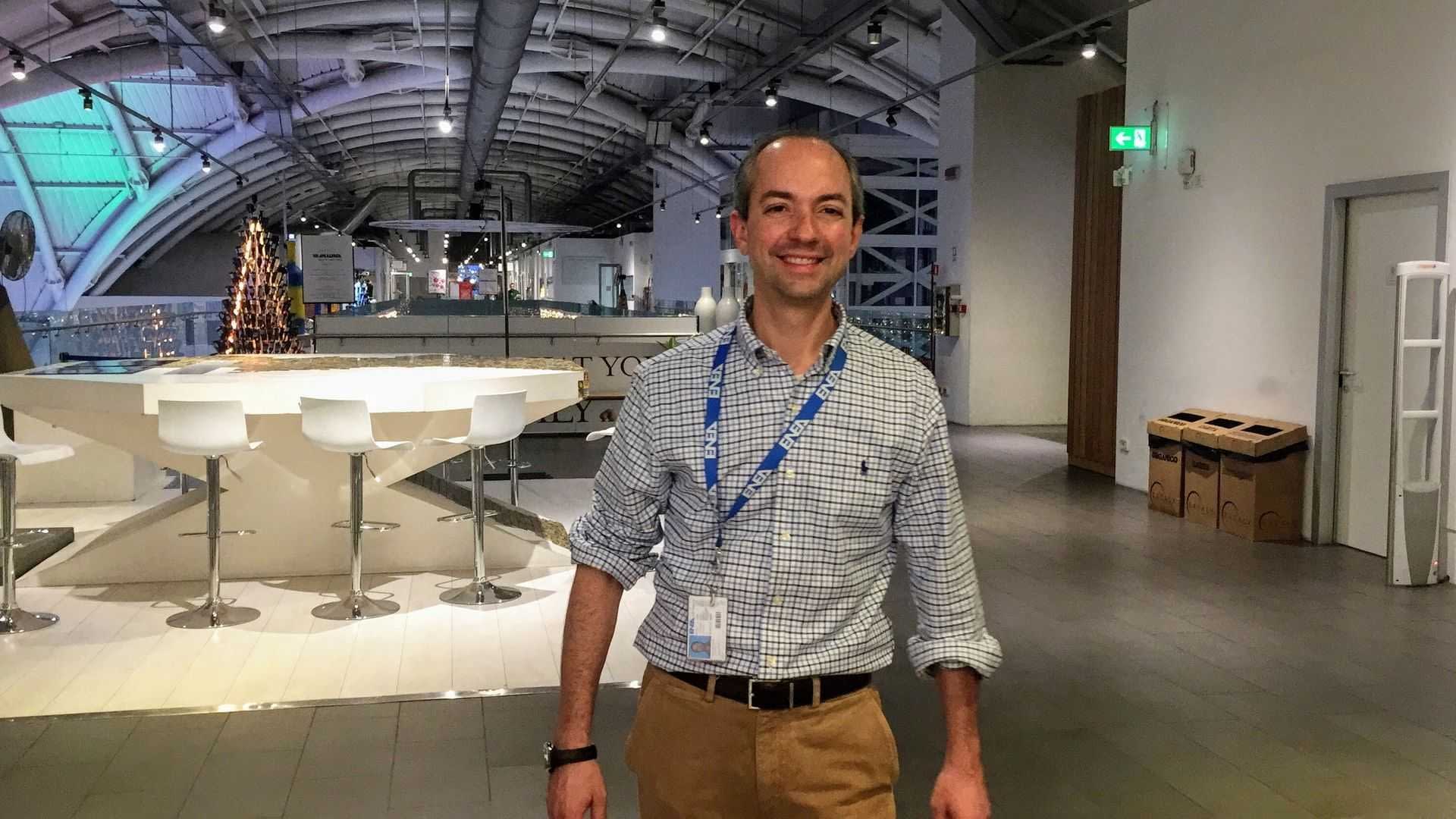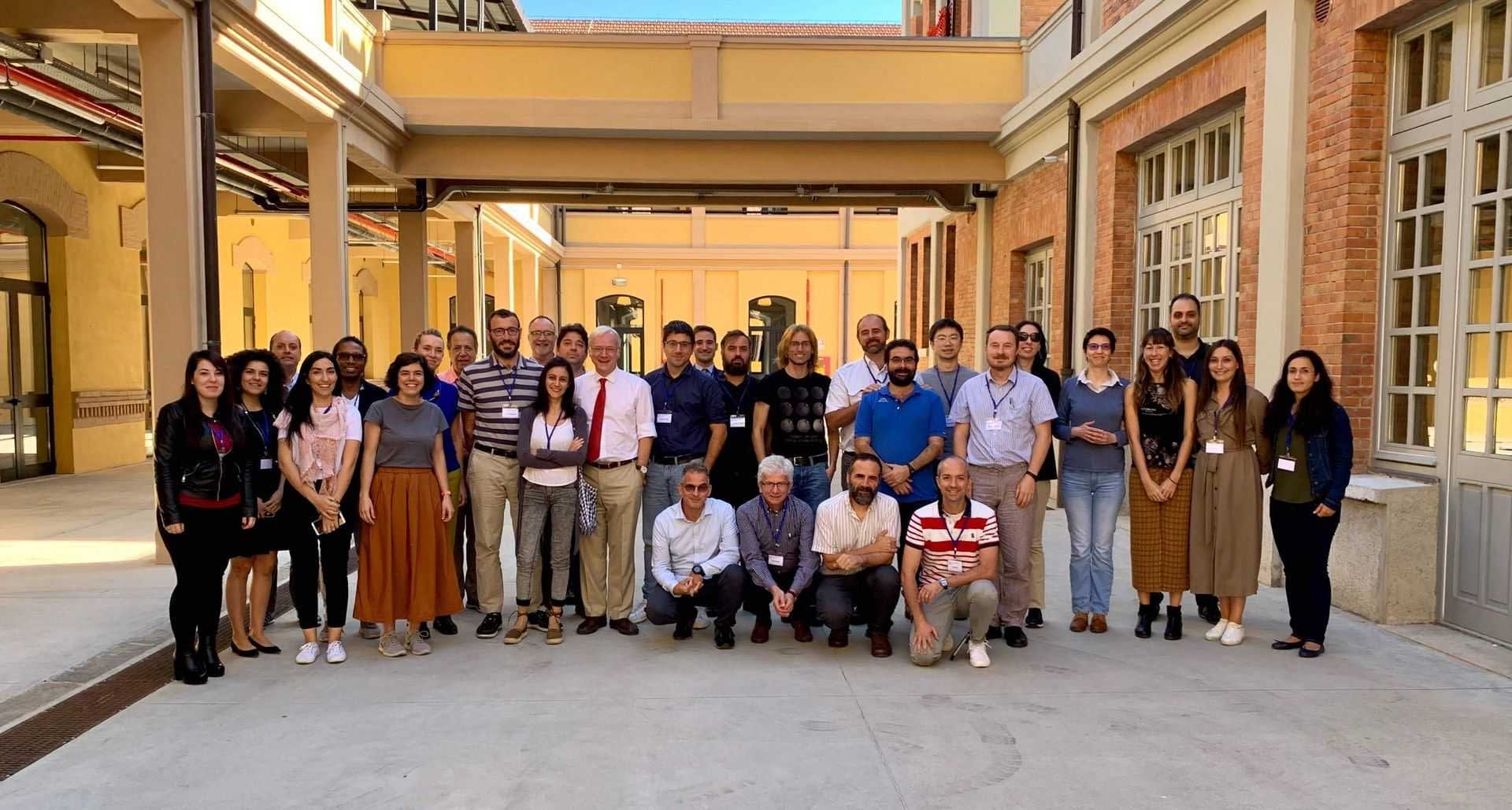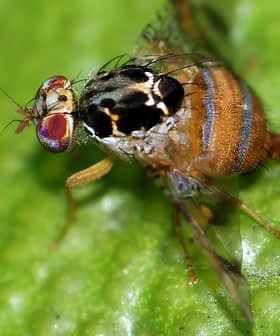The first phase of the Med-Gold project is approaching completion and the results could revolutionize how olive growers plan for the future.
The four-year project, which is funded by the European Union and coordinated by the Italian National Agency for New Technologies, Energy and Sustainable Economic Development (ENEA), seeks to provide olive, grape and wheat growers with information that can be used to develop short, intermediate and long-term strategies to combat climate change and pests.
The new MED-GOLD climate services have what it takes to substantially increase the resilience of the farming industry to climate change and the many derived challenges posed by a quickly changing climate scenario.
The project aims at understanding how producers and growers make their farming decisions so the enormous amount of climate information currently available can be tailored to their specific needs.
“While lots of data about the weather or seasonal climate are already available, Med-Gold puts together information from multiple sources focusing on short, medium and long periods,” Luigi Ponti, one of the researchers involved in the project and an ENEA agronomist, told Olive Oil Times. “This offers a much clearer view of what is happening in terms of climate change or spreading of pests such as the olive fruit fly.”
The researchers behind Med-Gold hope that the tool will ultimately be useful for the entire agriculture sector, from government institutions and producer organizations to individual landowners in the Mediterranean basin.

Luigi Ponti
Using Med-Gold, the researchers hope members of the sector will better understand the effects of climate change, how it may continue to change in the future and how to seize new opportunities.
“The goal is to evolve the access, the approach and therefore the use of information produced mostly with public funding by large programs such as Copernicus,” said Ponti, who also works at the Center for Analysis of Sustainable Agroecological Systems. “These are data that currently do not always reach the end-users in a way that can impact on their work.”
“The new Med-Gold climate services have what it takes to substantially increase the resilience of the farming industry to climate change and the many derived challenges posed by a quickly changing climate scenario,” he added.
The project’s research phase is now almost complete and has enjoyed a high level of cooperation from research and commercial entities in each of the three main crop sectors.
See Also:Challenges Await Growers As Mediterranean Basin Becomes Hotter and DrierFurthermore, all interested organizations, including farmers, cooperatives and single agribusinesses, can now join the project from its home page and access any necessary information.
“Not only farmers or companies, but we also have contacts with several institutions that might use Med-Gold climate services to allocate support and recovery resources for agriculture more efficiently and stimulate the development of resilience strategies as climate change continuously alters the factors upon which agricultural decisions are being taken,” Ponti said.
The platform’s core is to transform the enormous quantities of raw climatic data into tools that can be used to support important decision-making strategies.
“You can find information that allows you access to the climatic history of your area, where you can study the climatic projections over a long period of time,” Ponti said. “[There are] seasonal ones as well as bio-climatic indexes and data related to biological risks such as heatwaves or pathogen and pest infestations.”
One of the main partners of the Med-Gold project is the largest Spanish olive oil cooperative, DCOOP, which has said the project’s seasonal climate predictions had helped it strategically mitigate the olive fruit fly impacts.

Med-Gold reaserchers
The predictions allowed the cooperative to identify regions at risk of attack from the pest and more precisely target their treatments to eliminate the flies during the early stages of their lifecycle.
The Med-Gold data allowed growers to apply treatments only when needed, which avoided unnecessary interventions and the consequent environmental damage.
Med-Gold’s climate data can also influence short-term decisions such as estimating frost damage, mid-term decisions about irrigation planning and estimating olive production.
See Also:Climate Change Transforming Europe’s Agriculture, Report FindsAccording to Ponti, Med-Gold also has great potential for long-term analysis and provides insights to farmers to select the areas to grow new trees and the varieties that will be best suited to those areas.
Farmers can also use the data to predict new groves’ productivity, provide advice for an adequate crop management strategy and evaluate an investment.
“The DCOOP cooperative associates might not directly use the information to manage their crops, but their experts in the field and Andalusian government experts may use Med-Gold to retrieve predictions such as the characteristics that next years’ harvest might have,” Ponti said. “[This allows DCOOP] to forecast production figures, which are closely related to marketing, sales, prices and so on.”
Ponti added that if Italian producers had Med-Gold available during the disastrous 2014 harvest, they might have mitigated the damage caused by the bad weather and fruit fly infestations.
Ponti urges agricultural sector members to begin using Med-Gold now, even as the project is ongoing.
“We could stop approaching what happens with climate change from an emergency point of view because that is just how the climate is manifesting itself now, which is significantly different from what we were used to 30 years ago,” Ponti said.








